Lemonade Gang + FreeBird
As a girl gang ourselves, we at FreeBird get more and more bright eyed when learning of the increasing number of girl gangs who are bettering different aspects of the creative industry day by day. When we came across Lemonade Gang, we were instantly compelled to share with our FreeBirds the work they are doing for female freelancers across the UK. Their main focus being community, networking and opportunity they are empowering freelancing womxn across creative industries to “reach their potential and learn from each other” could their objectives align with ours anymore?! Founded by Priya Thanki, Hannah Rothwell and Zara Askari, powerful women who have a plethora of experience between them, freelancing managerial roles in the events and production industries. Starting as three friends discussing their hardships as womxn in the industry; whether that be voices left unheard, the lack of understanding around family planning or the struggle with discussing the intricacies with friends and family who are traditional full time workers, they understood that there needed to be a space to ask each other the questions they didn’t have the answers for that other female freelancers may already have. We asked some questions and they poured us a cup of their lemony knowledge and we were desperate to make sure all of you FreeBirds get a glass…
We are aware that Lemonade Gang only began this year and you already have over 3000 followers, and a community of creative freelancing womxn. Tell us how Lemonade Gang began and why you felt you wanted to create this space in 2020?
Lemonade Gang started as a small group of women who wanted to share insights and information about the events industry. All the women in the original group were based in London and all had long standing careers in events. The small community that we created was one which helped everyone within it.
As the world started to come to a halt, we had more time than ever to have open conversations with each other and one thing that we kept looping back to was the lack of support for female freelancers
We realised that we were on to something bigger than the events industry and that lots of women in creative industries felt just like us. We wanted to do something to give the community of female freelancers (Which, by the way, there are now more than ever!) have a voice and access to support.
On your website there is a space for freelancers to sign up and gain access to hundreds of freelancing, this is directly in line with FreeBirds values, however we aren’t naive, this must take a lot of time. Was initiative born as a result of freelancers being left behind in the wake of COVID?
The main reason for setting up Lemonade Gang was to support womxn to further their careers.
We are hungry for our community to succeed – We have a dedicated jobs board on our platform, and we upload freelance opportunities on a daily basis, we want our community to have access to as many opportunities as possible. We are also pushing companies to think about hiring females in the creative industry to create a more diverse playing field.
The jobs board wasn’t born out of COVID-19 but it definitely helped people in a time where they may have lacked motivation. The jobs board is now one of our most popular sections on the platform and we have successfully matched lots of amazingly talented womxn with jobs we have posted. We have also found a lot of them have hired within the community which is exactly what we aimed for.
It sounds so cliché but we all love being freelancers and the idea of helping other womxn makes all the time we put into the community worth it. As founders, having community members being hired because of our platform and during this year of all years was completely inspirational.
As I write these questions, it is ‘Equal Pay Day’, it seems the perfect time to bring awareness and ask you about your forum #paywhatyouoweme. Where you ask your lemonade gang to be anonymously honest about their rates of pay, how they identify, and also which industry. Can you describe to us your aims with this forum, and how it affects the community?
Secrecy around pricing creates several issues, not least that clients – and newer freelancers alike — have no guide for what a typical rate might be. This doesn’t help anybody.
Getting rid of the secrecy and encouraging both womxn and men to start talking about their pay is a major first step as very few freelancers talk about what they charge, either in public or private.
The aim of this campaign was to create an open book regarding freelancers pay. Freelancers are often guided by clients on how to charge, allowing the client to decide what you’re worth rather than treating yourself like a business and determining your rate by the skill and service you supply. With an open book structure, you can further justify your rate as an industry standard and feel confident in your day rate.
You recognise that the pay gap enlarges as women get older, and also specify to note down your ethnicity in the forum. Do you think the intersectional struggle of being a freelancer is recognised enough?
Gender pay gap is something we feel strongly about because we have lived it. The experiences of getting older and the gap widening is sadly something we know because of experience.
After the Black Lives Matter protests, as a community we decided to have a table talk (which is our monthly catch up with everyone where we have a safe space to talk about chosen topics) During this talk, we got a lot of insight of how the freelancers felt about the lack of diversity and the way they were treated in their workplaces. We wanted to explore this further after the call and we emailed an easy five question form to 5000 creative companies to answer, it was asking how diverse their companies were. Not one company replied – their silence spoke volumes and I think it answers your question about recognition or should we say, lack of.
The struggle is ensuring you get booked for work and do not get isolated for bringing up these issues when being hired.
This is why it is important for us to work with companies to ensure they are made aware of the injustices facing women and ethnic minorities.
The more we are able to educate freelancers on their rights the more they can educate their loyal clients on how to make a change.
We need the support of businesses to make a greater change.
What all freelancers need to really understand is that they can choose who they work for and with and if you feel that a company does not represent your values, don’t work with them – and if you feel you need to make others aware of these businesses, do so.
Community is the theme FreeBird has been working with the past two months, it is also a staple part of your mission, what can freelancers do to help each other?
We would not be where we are without our community. It’s the most important part of our mission, structure and success.
We have many channels of communication in our community that allows freelancers to talk amongst themselves, collaborate and meet (when able) to discuss how they feel along with opportunities that they may want to share and work on collaboratively.
We have come out of an age where womxn need to be pitted against each other and have walked into an era of championing creativewomxn.
Our main focus is community over competition and womxn supporting womxn.
This is a mantra for us, and this can be completed in many ways through our community.
Promoting their work on social media platforms, taking someone under your wing in a workplace, putting forward another womxn for a job you see that could be of interest to them. All of this focuses on pushing all of the womxn around you to succeed – we want to break the glass ceiling, but we don’t want to be there on our own when we reach the top.
We need to get away from the 21st century mentality of being the only womxn and we need to push to be an equal sex.
This all applies when working as freelancers and in some ways it’s even more important as you do not have the safety net of a HR team.
We would love for Lemonade Gang to give our Freebirds your 3 tips that will be your best friend as a female freelancer!
- Believe in yourself and your skills – you are talented, you know what you’re doing, do not talk yourself out of your own merit
- Ask questions and talk – freelancing can be pretty lonely but there are thousands of freelancers out there ready and willing to share information and support.
- Write, distribute, sign contracts – We can’t stress enough how important this is. Not all clients will have a contract for freelancers so make sure you have a template so that both parties are aware of what will be supplied and what is expected.
JOIN LEMONADE GANG
A totally FREE platform, sign up at the website below…
When you do there is an ‘invited by’ box, whack ‘FreeBird’ down there for us so they know we sent you!! (Women supporting women right?!)
Website: https://www.lemonadegang.co.uk
Instagram/Twitter/Facebook: @lemonadegangldn

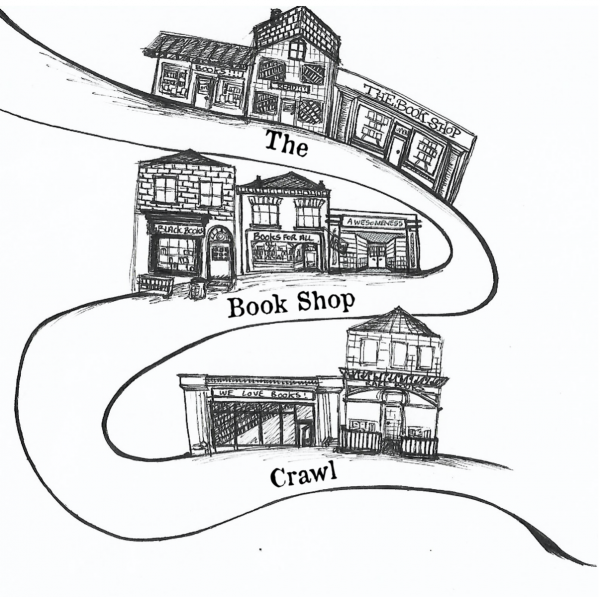
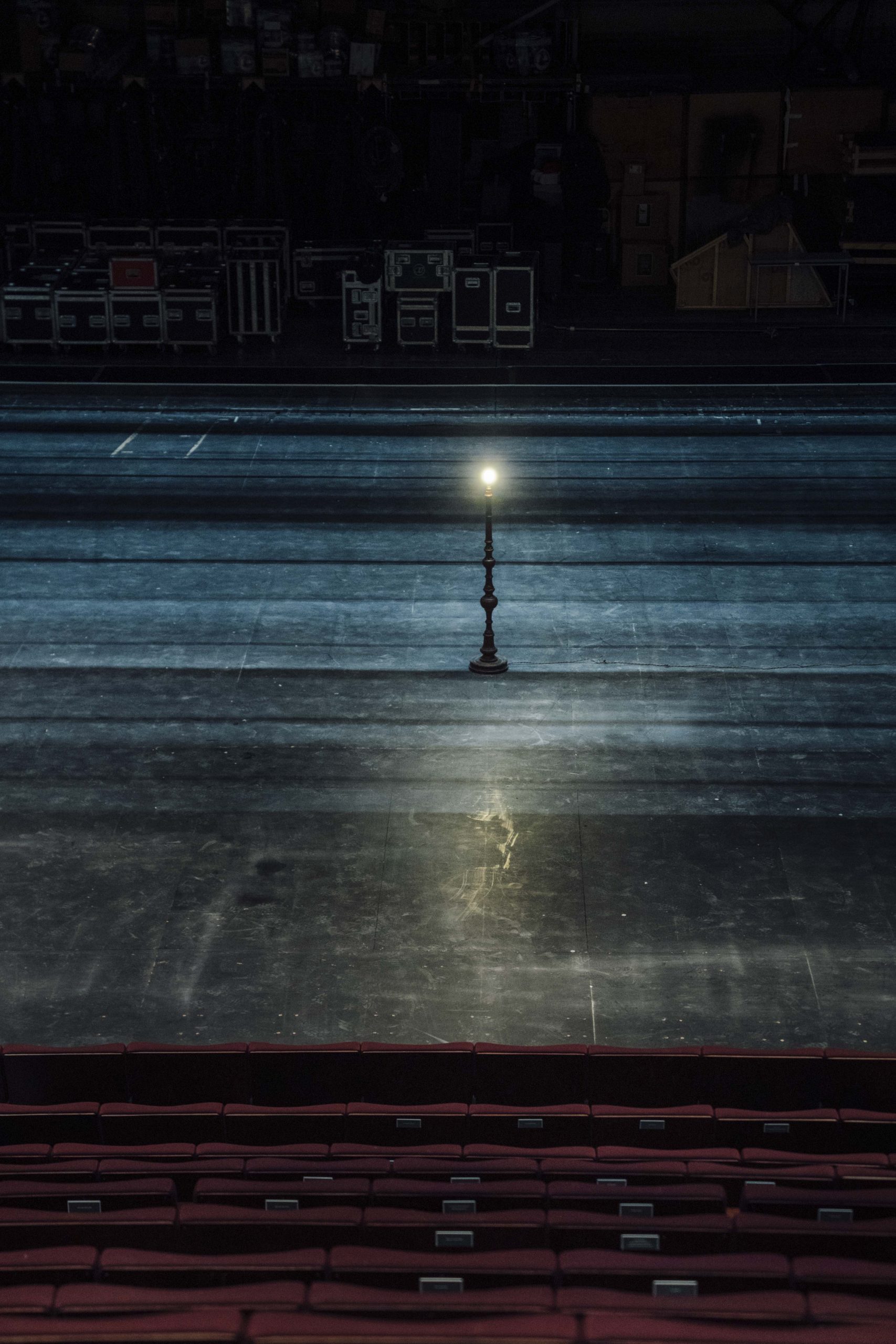



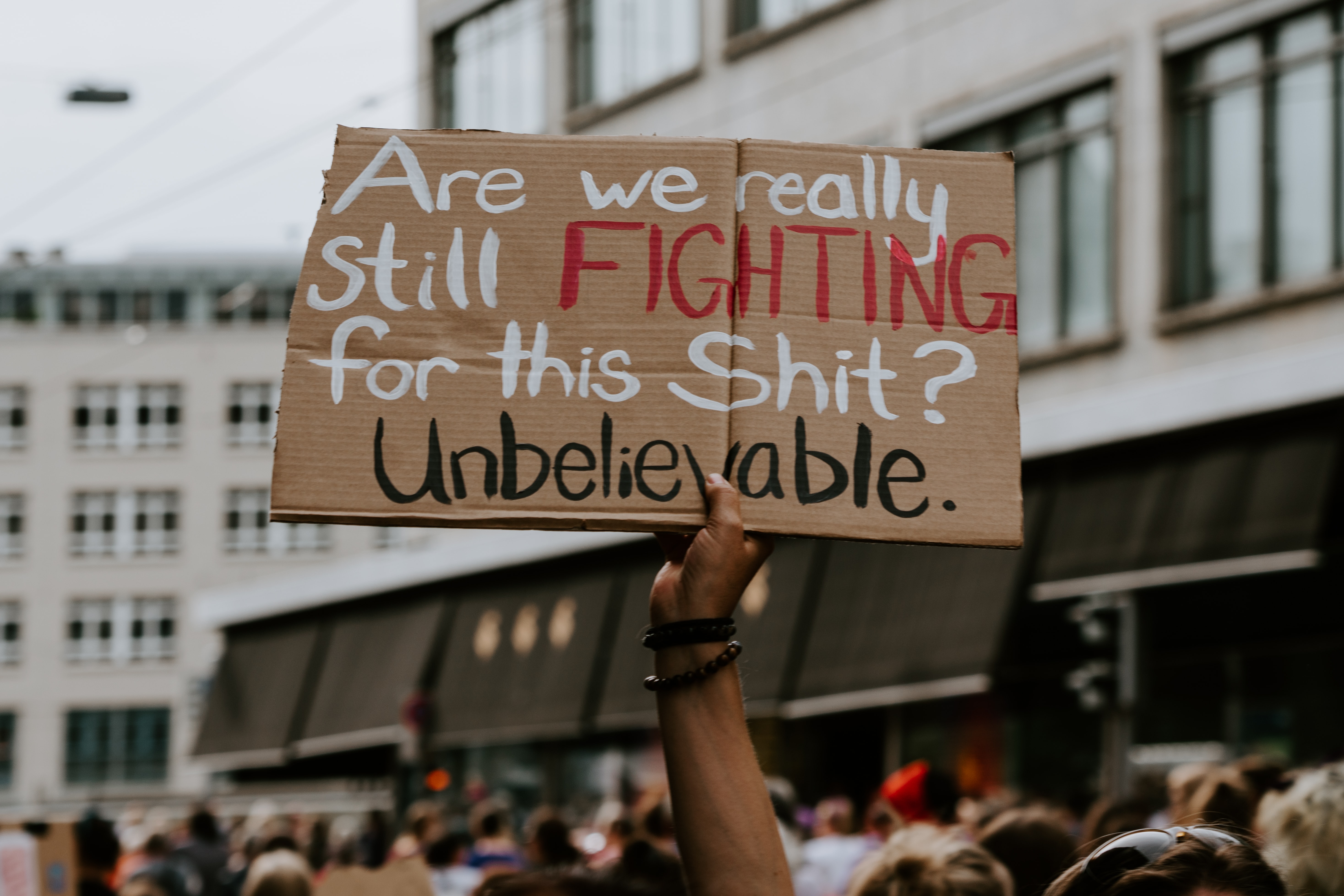
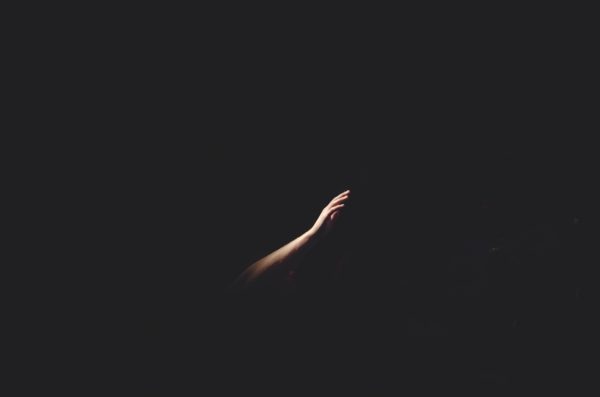
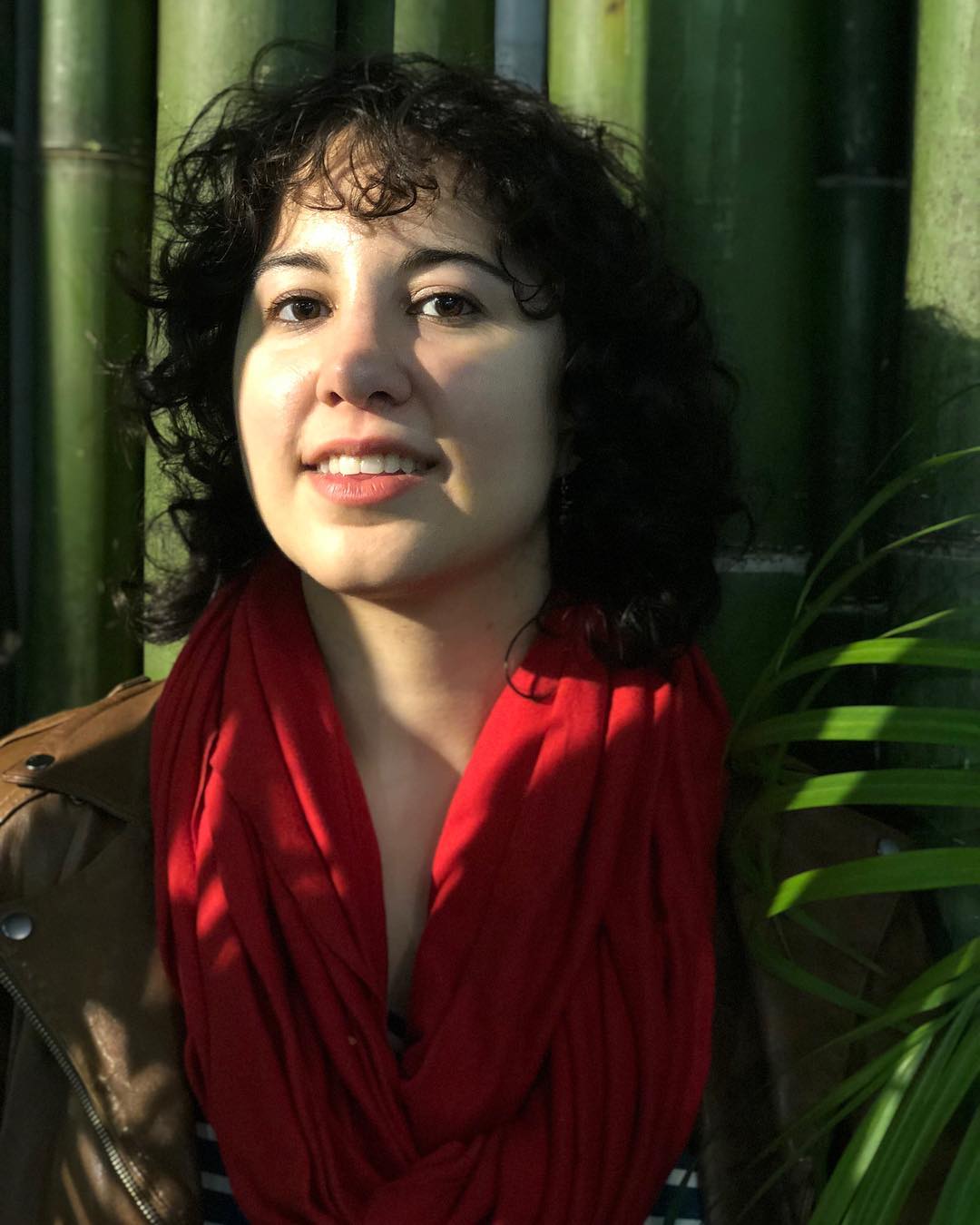
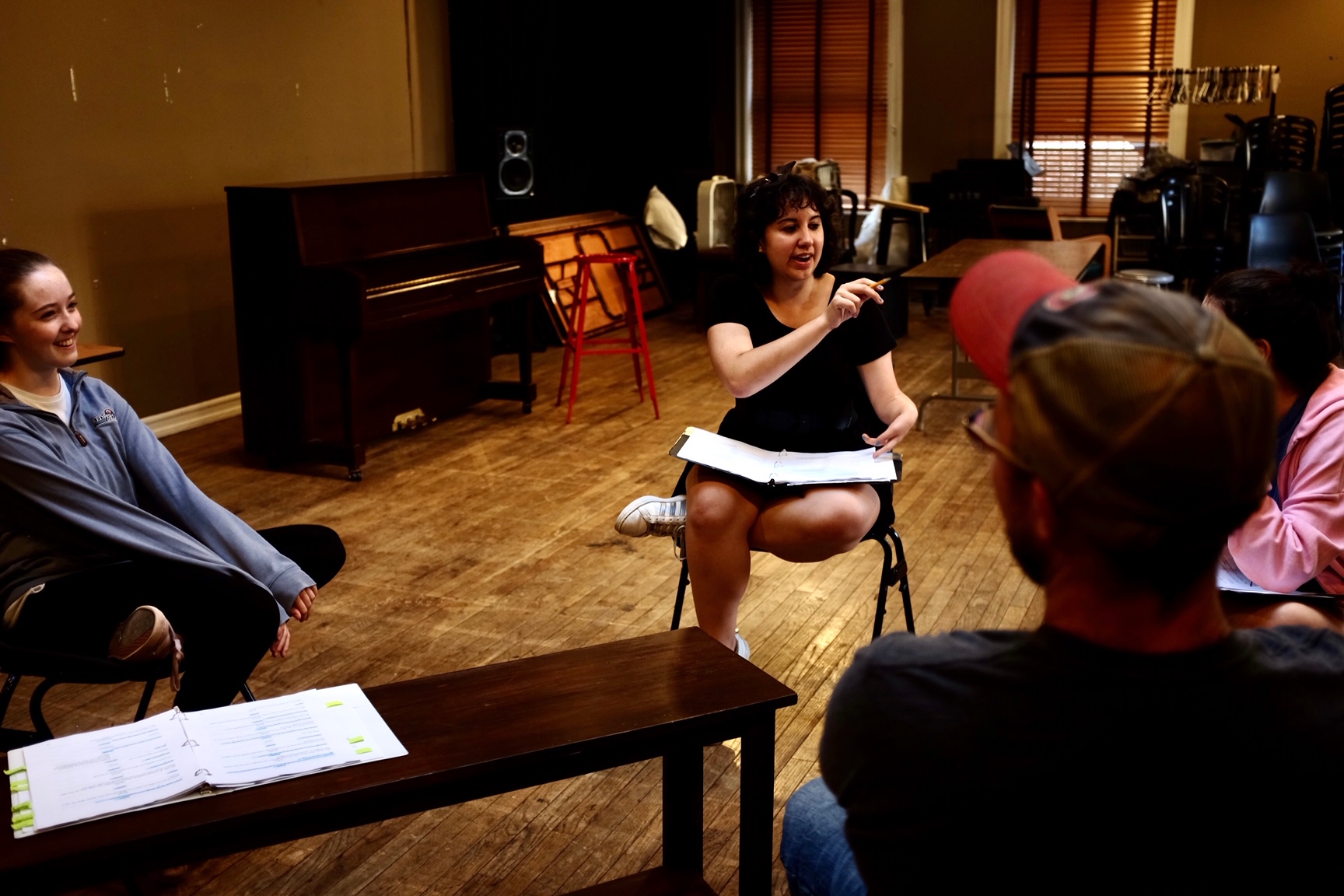
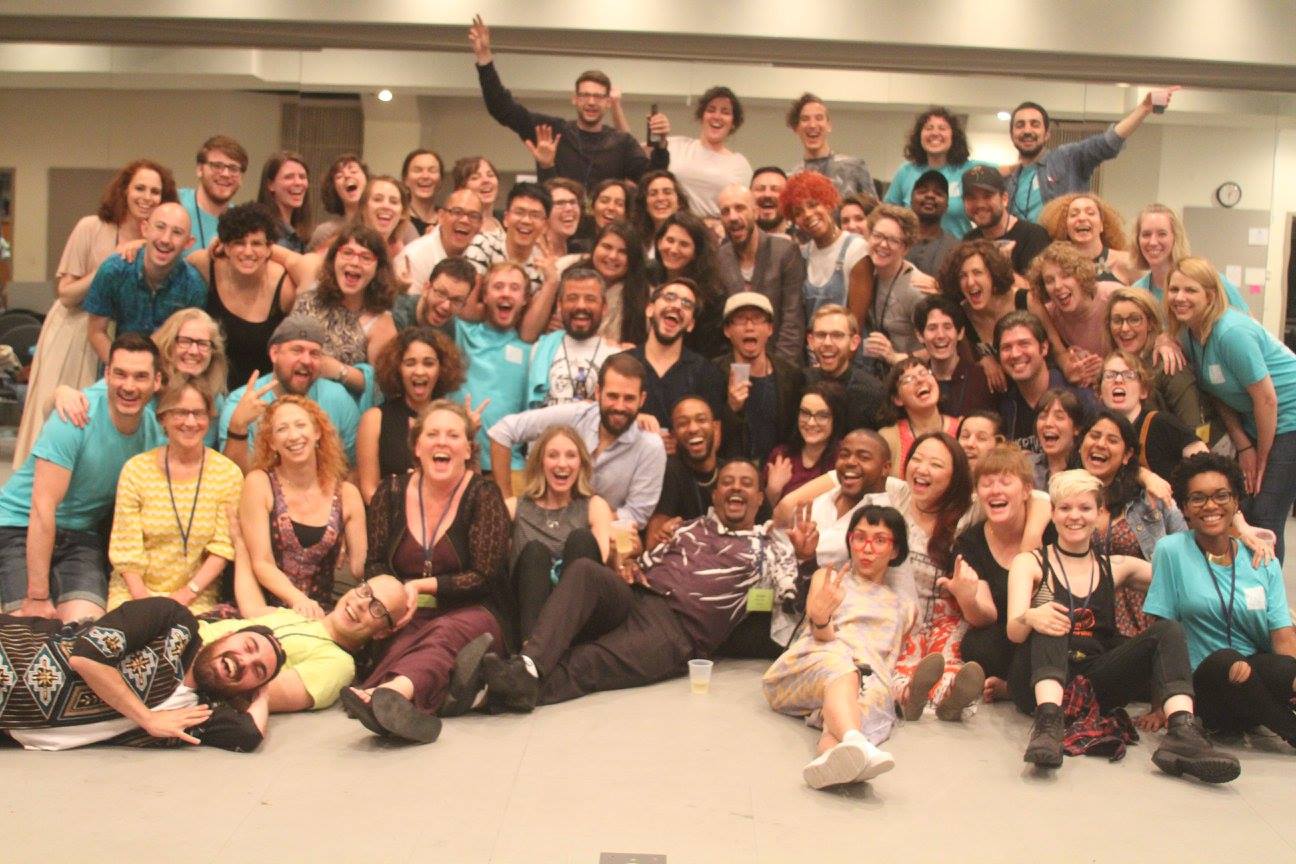
Recent Comments